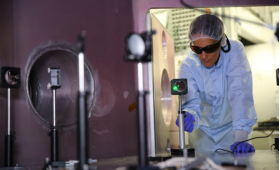The development and potential applications of laser wakefield acceleration-driven light sources are featured in an article in the January issue of Optics & Photonics News.
Science and Technology
in the News
Science and Technology
in the News
News Center
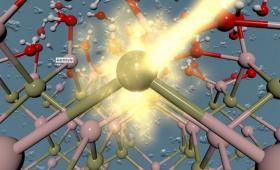
Livermore researchers and colleagues have developed an integrated theory-experiment technique to interrogate chemistry at solid/liquid interfaces, with the goal of developing better methods of generating hydrogen fuel from solar power.

Charles Orth, a physicist with Livermore for more than 40 years, was presented with the 2017 Albert Nelson Marquis Lifetime Achievement Award.
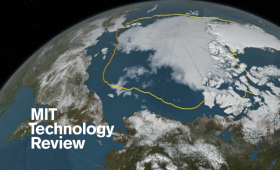
Lawrence Livermore researchers highlighted another potential effect of declining Arctic sea ice.

Livermore researchers have discovered novel ways to extend the capabilities of two-photon lithography, a 3D printing technique that produces features smaller than one-hundredth the width of a human hair.

Livermore scientists are studying a new “tunable” biosurfactant that is environmentally friendly and can have broad industrial utility.
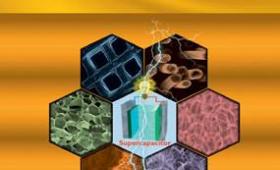
Livermore researchers present an overview of recent progress in design, synthesis, and implementation of 3D carbon-based materials as electrodes for electrochemical capacitors.
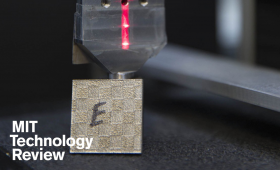
Here’s a look at some of the most impressive things 3-D printers made this year, as well as what their creations portend for the future.
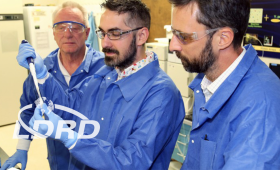
A Lawrence Livermore biomedical technology that can deliver vaccines and drugs inside the human body has been licensed for use in cancer treatments.

Marisol Gamboa, computer scientist and associate division leader for the Global Security Computing Applications Division at Lawrence Livermore National Laboratory, was selected to serve as a role model to young women.


